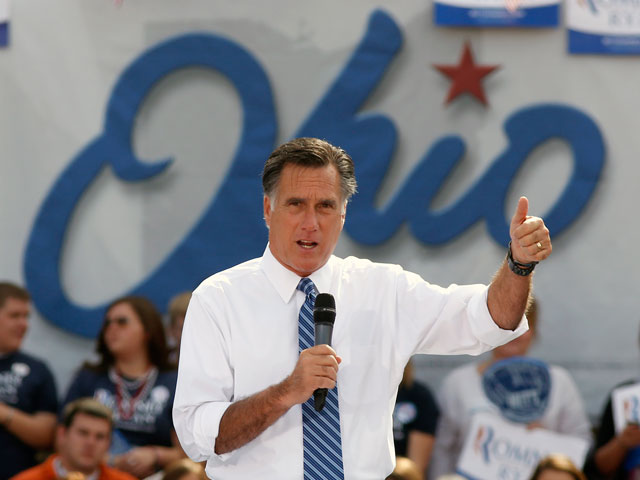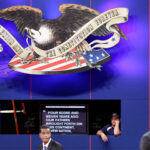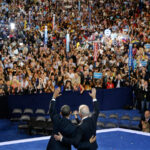Because Election Central was created as a way to offer student-centric coverage of current events, campaigns, elections and civics, it only made sense that we would eventually bring on students as guest contributors. In the next few weeks, you will find articles written by AP Government students from Worthington Kilborne High School in Worthington, Ohio, a suburb of the capital city of Columbus.
The following article is based on responses provided by the WKHS students during a classroom visit.
An Introduction
The participants in Classroom Connection are two Advanced Placement Government classes, 56 Juniors and 1 Senior. These students enrolled in this class because they have a strong interest in government and politics. The classes are made up of 21 females and 36 males; 43 white and 14 non-white ethnic minorities (including African American, Hispanic American, Asian American, or Middle Eastern American). They come from middle-class to upper-middle-class neighborhoods.
So far, the classes have focused their study on the philosophical foundations of the U.S. government, the writing and ratification of the Constitution, the federalist system in theory and practice, U.S. political culture, and the political spectrum.
These students are required to spend 10 hours of this first semester engaged in political service work or observation. Many are spending time working on the presidential campaigns. Many students have made phone calls, gone door-to-door, and attended rallies for both presidential candidates.
The students are led by teacher, Lauren Glaros, who earned a BA in History and Political Science from the University of California, Davis and a MA in Education from Stanford. Her lifelong interest in politics include volunteering for her Congressman while she was in high school, interning in Washington, DC, volunteering at a party convention in 2000, being elected as a delegate to attend a convention on behalf of a presidential candidate in 2004, and serving as a volunteer for many local, statewide and national races.
When Election Central met with these students to talk about a collaboration, they agreed to engage in a discussion and complete surveys so that we might get to know them better. Here’s how they responded:



